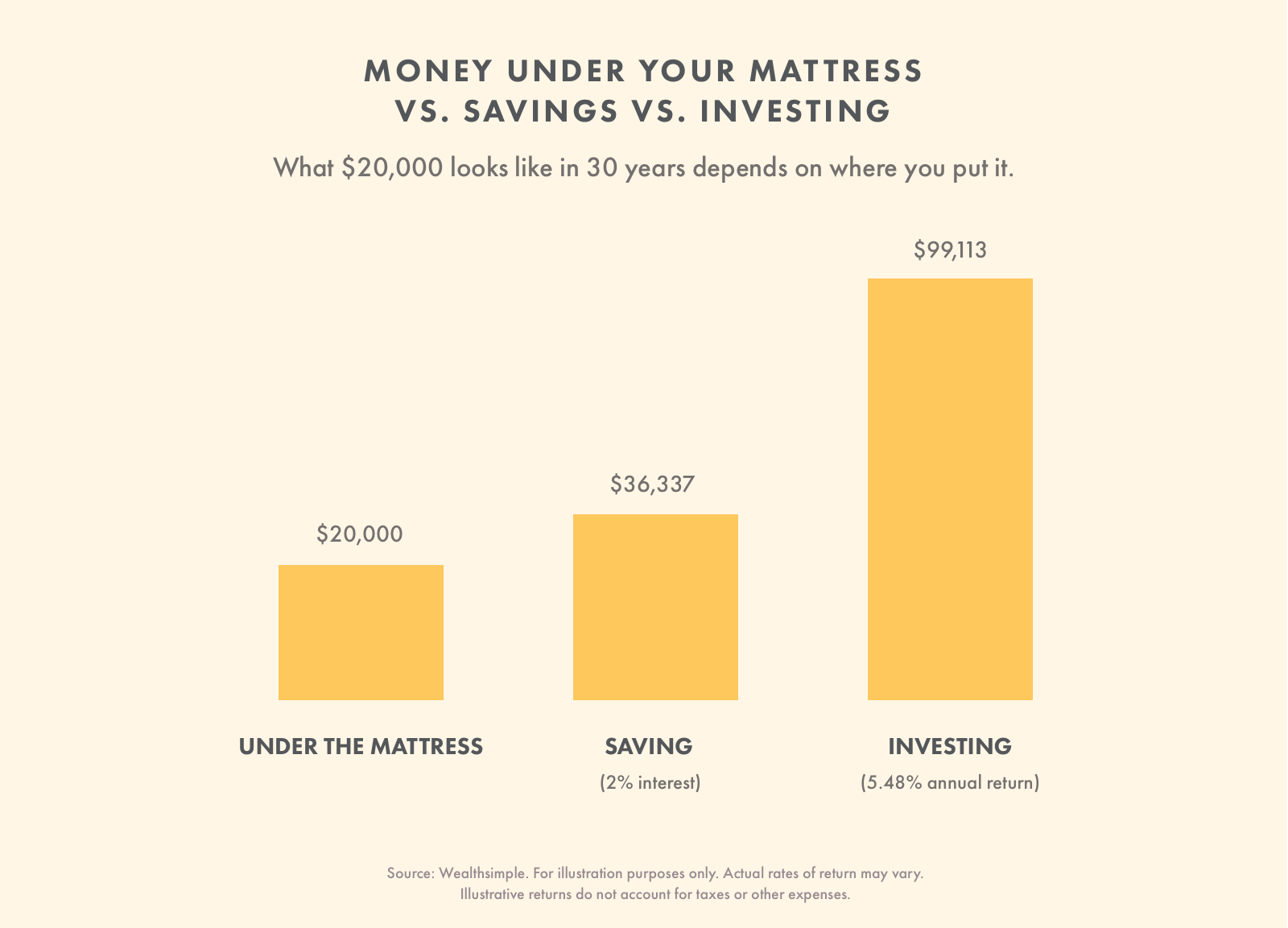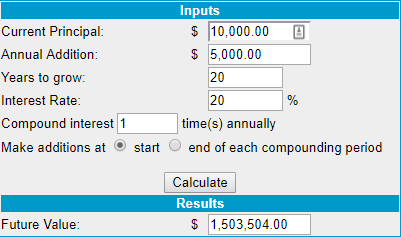
Forex trading can provide many opportunities for you, whether you're looking to make some extra cash or to make a significant profit. Forex traders have the ability to trade in a wide range of currencies, making it one of the most flexible market options. Trader can pick which pairs to trade depending on the volatility and timing of each pair. Forex is open on weekends and allows traders to profit from global events, unlike other markets.
The forex market is a decentralized marketplace that allows global transactions to be made without the need for intermediaries or fees. This eliminates the risk of price manipulation, making the market more dependable. The liquidity of the forex market also means that it is unlikely that you will need to wait for a price drop. Forex trading is also relatively inexpensive due to the low spreads.

Forex trading is possible at all times. It's open 24 hours per day, 5 days a săptămână. You can trade any currency and trade at any time. If you decide to use a forex broker, they will give you access to a free trading platform, which allows you to trade any time.
Another benefit to forex trading is the leverage. You can make substantial profits even if you only deposit a small amount. You can also make short positions on other markets by using derivative products. This allows you to make a profit if the price falls and then bet on whether the price will rise.
Although trading forex has many advantages, you should be familiar with the market before you spend any money. Start with a practice account to get familiar with the market. This will allow you trade and to try out different strategies. A practice account allows you to test out various forex brokers.
Forex trading has many other benefits. It is low-cost and easy to enter and exit. Trading is possible in both the morning and afternoon. High leverage allows you to trade small amounts of money while making a big profit.

It is also one the easiest markets to navigate. You can choose from hundreds upon hundreds of strategies and indicators that will help you become a better trader. You can also access free data from several different providers. Trades can be made from any country worldwide, as the forex market is available to all traders.
FAQ
What is a bond and how do you define it?
A bond agreement is an agreement between two or more parties in which money is exchanged for goods and/or services. It is also known to be a contract.
A bond is usually written on paper and signed by both parties. This document contains information such as date, amount owed and interest rate.
The bond is used when risks are involved, such as if a business fails or someone breaks a promise.
Bonds are often combined with other types, such as mortgages. The borrower will have to repay the loan and pay any interest.
Bonds can also help raise money for major projects, such as the construction of roads and bridges or hospitals.
It becomes due once a bond matures. That means the owner of the bond gets paid back the principal sum plus any interest.
If a bond isn't paid back, the lender will lose its money.
What is a REIT?
An entity called a real estate investment trust (REIT), is one that holds income-producing properties like apartment buildings, shopping centers and office buildings. These publicly traded companies pay dividends rather than paying corporate taxes.
They are similar companies, but they own only property and do not manufacture goods.
Why are marketable securities important?
An investment company exists to generate income for investors. This is done by investing in different types of financial instruments, such as bonds and stocks. These securities have certain characteristics which make them attractive to investors. They are considered safe because they are backed 100% by the issuer's faith and credit, they pay dividends or interest, offer growth potential, or they have tax advantages.
What security is considered "marketable" is the most important characteristic. This refers to how easily the security can be traded on the stock exchange. Securities that are not marketable cannot be bought and sold freely but must be acquired through a broker who charges a commission for doing so.
Marketable securities include government and corporate bonds, preferred stocks, common stocks, convertible debentures, unit trusts, real estate investment trusts, money market funds, and exchange-traded funds.
These securities can be invested by investment firms because they are more profitable than those that they invest in equities or shares.
How are share prices established?
Investors decide the share price. They are looking to return their investment. They want to make money with the company. They buy shares at a fixed price. If the share price increases, the investor makes more money. Investors lose money if the share price drops.
An investor's main goal is to make the most money possible. This is why they invest in companies. They are able to make lots of cash.
Who can trade on the stock market?
Everyone. There are many differences in the world. Some people have more knowledge and skills than others. So they should be rewarded for their efforts.
However, there are other factors that can determine whether or not a person succeeds in trading stocks. For example, if you don't know how to read financial reports, you won't be able to make any decisions based on them.
So you need to learn how to read these reports. It is important to understand the meaning of each number. You should be able understand and interpret each number correctly.
Doing this will help you spot patterns and trends in the data. This will allow you to decide when to sell or buy shares.
This could lead to you becoming wealthy if you're fortunate enough.
How does the stock markets work?
A share of stock is a purchase of ownership rights. Shareholders have certain rights in the company. He/she is able to vote on major policy and resolutions. The company can be sued for damages. He/she may also sue for breach of contract.
A company cannot issue more shares than its total assets minus liabilities. This is called capital sufficiency.
A company with a high ratio of capital adequacy is considered safe. Companies with low capital adequacy ratios are considered risky investments.
What is the role of the Securities and Exchange Commission?
The SEC regulates securities exchanges, broker-dealers, investment companies, and other entities involved in the distribution of securities. It enforces federal securities laws.
How do I invest in the stock market?
You can buy or sell securities through brokers. Brokers can buy or sell securities on your behalf. Trades of securities are subject to brokerage commissions.
Banks are more likely to charge brokers higher fees than brokers. Banks offer better rates than brokers because they don’t make any money from selling securities.
To invest in stocks, an account must be opened at a bank/broker.
Brokers will let you know how much it costs for you to sell or buy securities. This fee will be calculated based on the transaction size.
Your broker should be able to answer these questions:
-
You must deposit a minimum amount to begin trading
-
What additional fees might apply if your position is closed before expiration?
-
what happens if you lose more than $5,000 in one day
-
How long can positions be held without tax?
-
What you can borrow from your portfolio
-
How you can transfer funds from one account to another
-
How long it takes transactions to settle
-
The best way to sell or buy securities
-
How to Avoid Fraud
-
How to get help for those who need it
-
Can you stop trading at any point?
-
whether you have to report trades to the government
-
If you have to file reports with SEC
-
How important it is to keep track of transactions
-
whether you are required to register with the SEC
-
What is registration?
-
How does it impact me?
-
Who needs to be registered?
-
What time do I need register?
Statistics
- Our focus on Main Street investors reflects the fact that American households own $38 trillion worth of equities, more than 59 percent of the U.S. equity market either directly or indirectly through mutual funds, retirement accounts, and other investments. (sec.gov)
- Ratchet down that 10% if you don't yet have a healthy emergency fund and 10% to 15% of your income funneled into a retirement savings account. (nerdwallet.com)
- "If all of your money's in one stock, you could potentially lose 50% of it overnight," Moore says. (nerdwallet.com)
- The S&P 500 has grown about 10.5% per year since its establishment in the 1920s. (investopedia.com)
External Links
How To
What are the best ways to invest in bonds?
You need to buy an investment fund called a bond. While the interest rates are not high, they return your money at regular intervals. You can earn money over time with these interest rates.
There are several ways to invest in bonds:
-
Directly purchasing individual bonds
-
Buy shares of a bond funds
-
Investing through a bank or broker.
-
Investing through an institution of finance
-
Investing through a pension plan.
-
Invest directly through a broker.
-
Investing through a mutual fund.
-
Investing through a unit trust.
-
Investing through a life insurance policy.
-
Investing via a private equity fund
-
Investing through an index-linked fund.
-
Investing through a hedge fund.